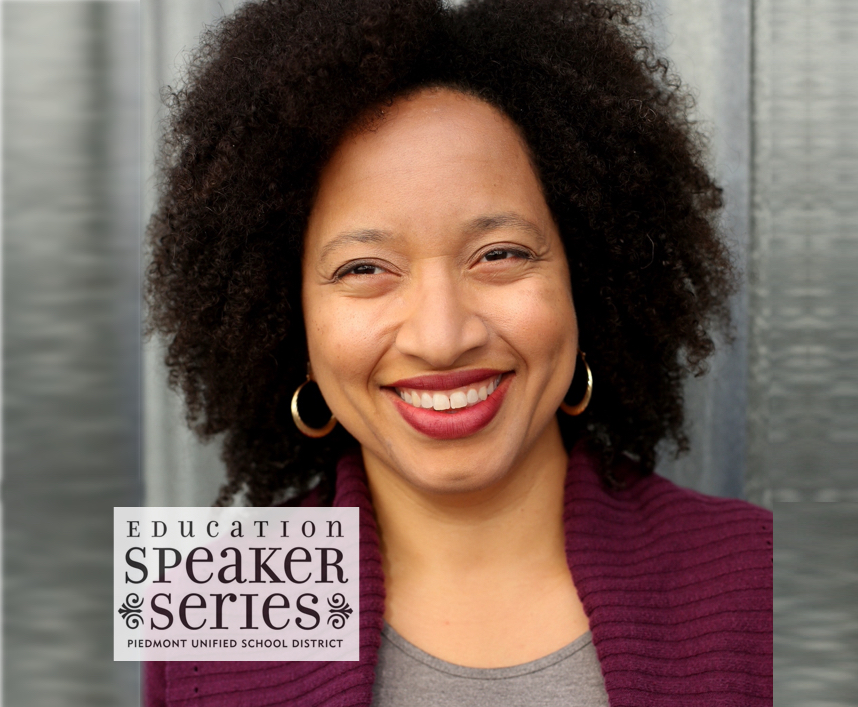In the wake of the social justice unrest and protests sparked by the 2020 killing of George Floyd, Breanna Taylor, and others, parents — and families — have grappled with provocative questions: What does it mean to become anti-racist and how does one explain it to a child? What are the tools and practices for deconstructing color blindness? Do embracing race, providing counter-stereotype and empathy training, scripting dialogue or the use of race-affirming family mottos make a difference? What does “diversity, equity and inclusion” mean for different children, classrooms, and schools?
These and other questions are likely to be addressed by professor and children’s mental health expert Allison Briscoe-Smith at PEF’s upcoming Oct. 12 Education Speaker Series event.
Briscoe-Smith, Ph.D, is the Director of Diversity, Equity, and Inclusion at the Wright Institute. After attending Harvard University and thereafter receiving her clinical psychology doctoral degree from the University of California, Berkeley, she followed her longtime interest in trauma and ethnic minority mental health through an internship and postdoctoral work at the University of California San Francisco/San Francisco General Hospital. Much of her work has been centered around developing programs for children who have experienced trauma and homelessness. Briscoe-Smith’s services as a therapist and consultant are offered in schools, privately to individuals, and to a number of Bay Area nonprofits.
Briscoe-Smith has developed resources and modalities aimed at replacing “information overload” with practical, clinically-proven tools and techniques. Parents, educators and other adults will find the approaches recommended by Briscoe-Smith effective and easy to apply when interacting with young people on matters related to race and racial relationships.
Briscoe-Smith was an ESS featured speaker in 2018 and is the mother of three Black, mixed-race children. At that time, she encouraged parents to slow down, to be intentionally aware of their own implicit bias, and recognize there are no perfect solutions, words, or actions — but silence and leaving kids to figure out race on their own is not helpful. “We can engage in dialogue about race. It is doable,” she said.
The next event is on Nov. 2 when New York Times “Money” columnist Ron Leiber presents “What to pay for college.”
The Education Speaker Series this year offers virtual presentations through the fall, and is planning for in-person events in the spring. To learn more and to purchase a ticket for a single event, or for the entire series, please visit the Piedmont Store.

